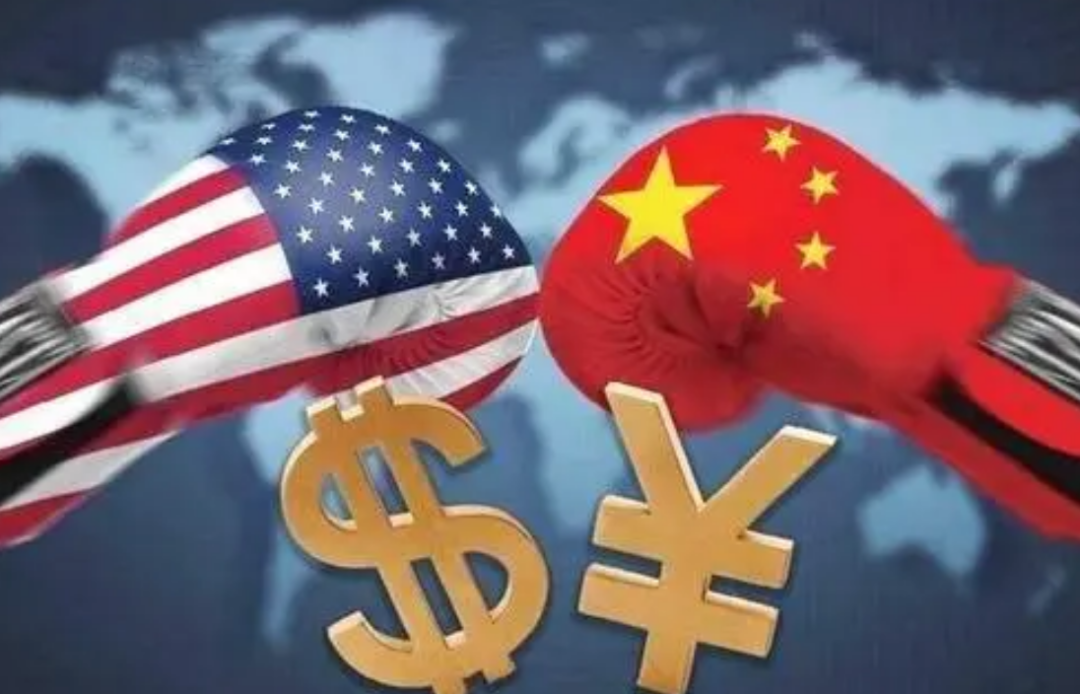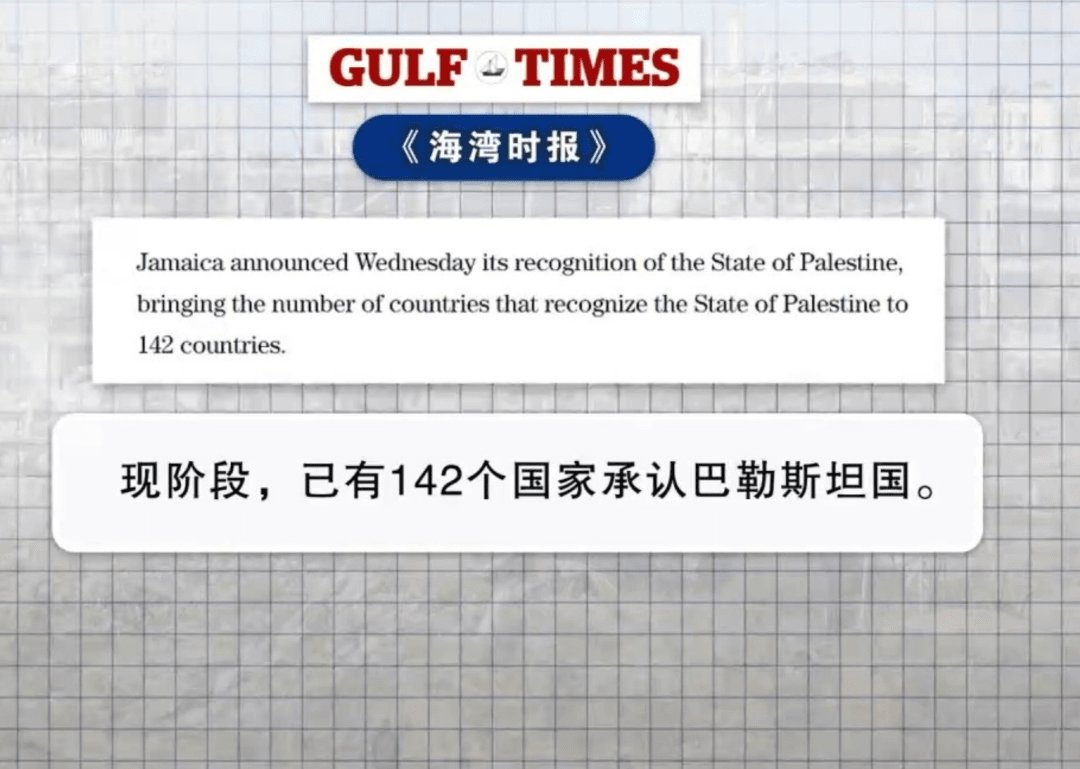In today's era of globalization, every slight change in the world situation may stir up waves in the financial market, and the cryptocurrency market is naturally no exception. Recently, the extension of the China-US trade truce, dynamics related to the Russia-Ukraine conflict, tensions in the Israel-Gaza situation, and Australia's recognition of the state of Palestine have all added uncertainty to the future of the crypto space.
I. Extension of the China-US trade truce: short-term benefits coexist with potential risks

In August 2025, China and the US announced the extension of mutual suspension of 24% tariffs for 90 days, retaining a 10% basic tax rate, while China suspended non-tariff countermeasures against the US. This is a continuation of the Geneva tariff truce agreement reached in May and establishes a third-country consultation mechanism.
This news brings good news for the cryptocurrency market: market confidence is recovering, and Bitcoin, Ethereum, etc. may attract more capital inflow (reference: after the agreement reached in May, Bitcoin once hit a high of $105,720); China's attitude towards cryptocurrency technology may also tend to be more lenient. However, risks also exist: if negotiations break down and tariffs are reinstated, it will trigger market volatility; moreover, China's strict regulatory policies on cryptocurrencies have not fundamentally changed.
Currently, Bitcoin mining and the Ethereum ecosystem show resilience, providing short-term support for prices. The downward trend after the May agreement has gradually reversed, showing an upward trend.
II. New developments in the Russia-Ukraine conflict: intertwining of risk aversion demand and volatility risk

Trump proposed ending the Russia-Ukraine war through territorial concessions and plans to meet with Putin on August 15, which has raised concerns in Europe and Ukraine; at the same time, the US pressures China to reduce purchases of Russian oil in an attempt to weaken the Russian economy.
When tensions rise, Bitcoin may experience a short-term increase due to risk aversion demand; if the US imposes sanctions on China, leading to turmoil in the energy market, it will further exacerbate volatility in the cryptocurrency market. Looking back at history, at the beginning of the conflict in 2022, Bitcoin briefly surged but then exhibited volatile trends as global economic uncertainties increased.
III. Israel - Gaza situation: the game of inflation expectations and overall risk

Israel's military actions in Gaza continue to escalate, resulting in casualties, including journalists, causing widespread concern in the international community. The UN Security Council has held an emergency meeting to discuss response plans.
The turmoil in the Middle East may push up international oil prices, thereby triggering rising inflation pressures, which theoretically benefits Bitcoin, regarded as an 'anti-inflation tool' (similar conflicts in 2023 had briefly pushed up Bitcoin prices). However, risks cannot be ignored: if the conflict spirals out of control, leading to pressure on the global economy, the cryptocurrency market may be dragged down by a decline in overall risk appetite.
IV. Australia's recognition of Palestine: indirect impacts need attention

On August 11, 2025, Australian Prime Minister Albanese announced that Australia would officially recognize the state of Palestine at the 80th United Nations General Assembly to be held in September.
This event has a relatively small direct impact on the cryptocurrency market, but if this action leads to further escalation of the situation in the Middle East, it may indirectly affect the cryptocurrency market through fluctuations in energy prices. Historical references show that when Sweden recognized Palestine in 2022, it did not have a significant impact on the cryptocurrency market, but changes in global risk aversion sentiment may still indirectly push up the prices of crypto assets.
Summary
Global geopolitical and economic events affect the cryptocurrency market through multiple paths such as market confidence, risk aversion demand, inflation expectations, and energy prices. In the short term, the confidence boost brought by the extension of the China-US trade truce supports cryptocurrencies, but uncertainties such as the Russia-Ukraine conflict and the situation in the Middle East may still trigger volatility. In the long run, the trend of cryptocurrencies will still be closely related to the stability of the global economy, regulatory policies of various countries, and the market's recognition of their 'safe-haven properties.'
Disclaimer: The content of this article is for reference only and does not constitute any investment advice. Investors should rationally view cryptocurrency investments based on their own risk tolerance and investment objectives, and avoid blindly following trends.
